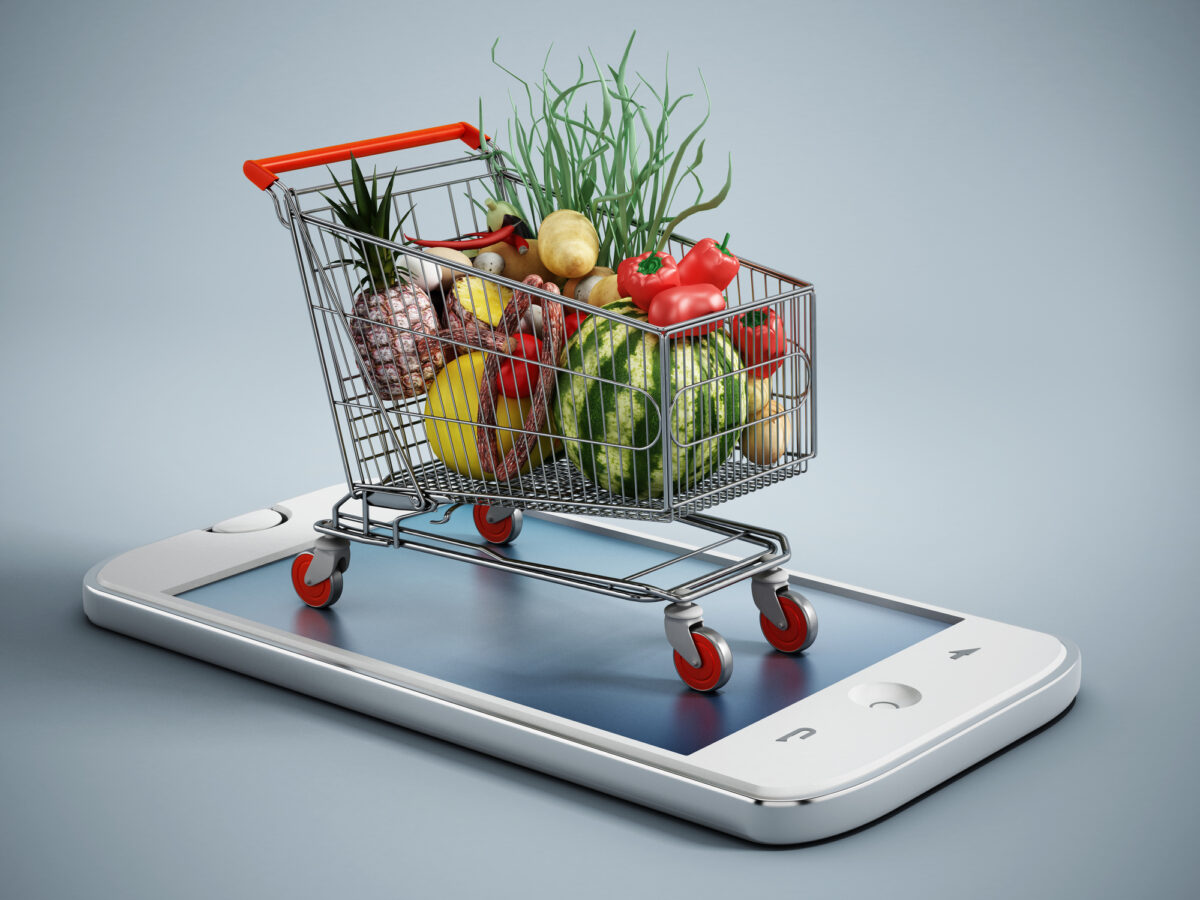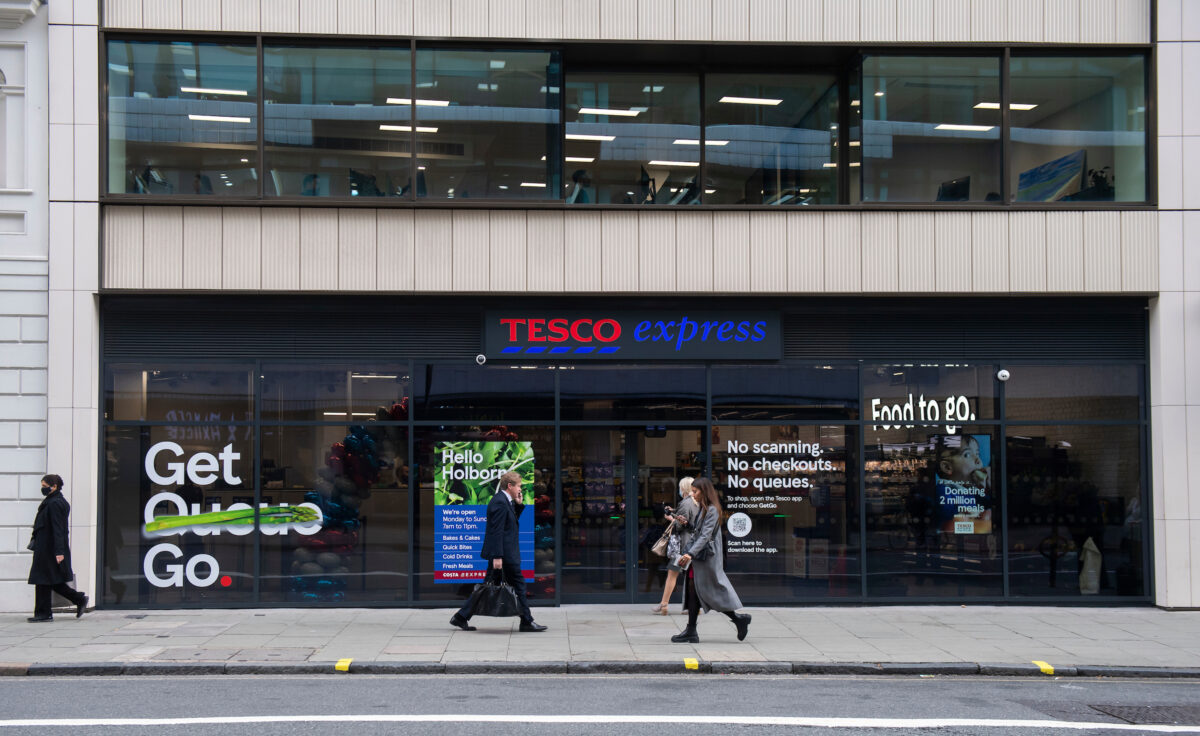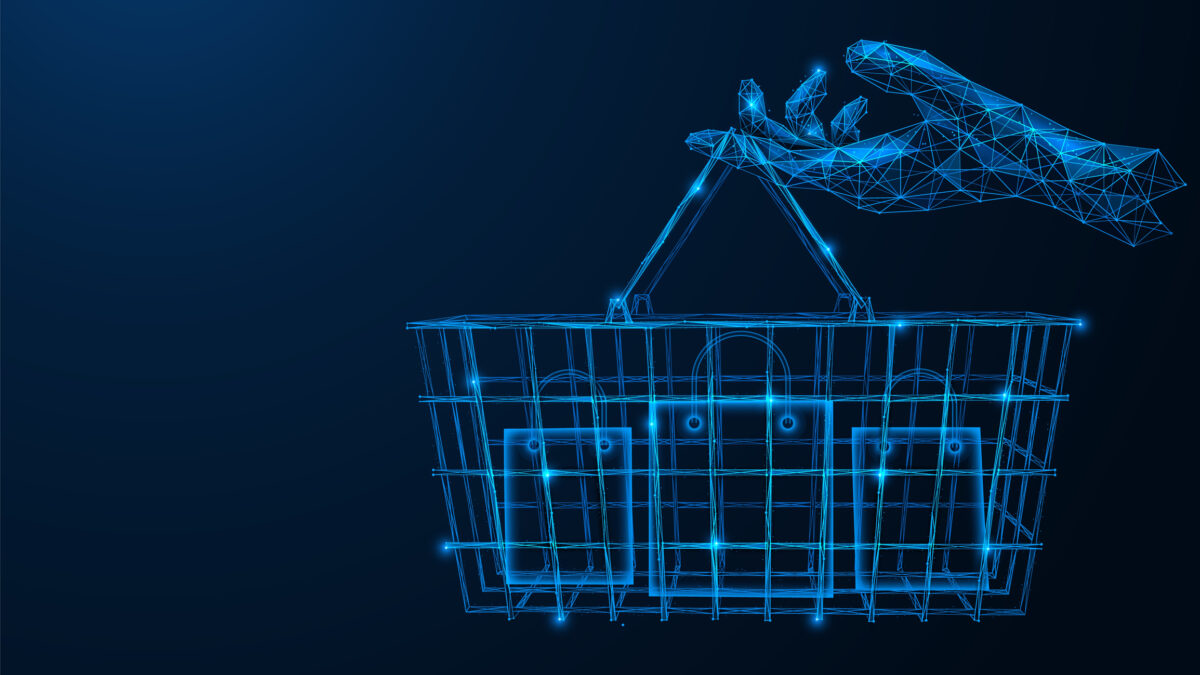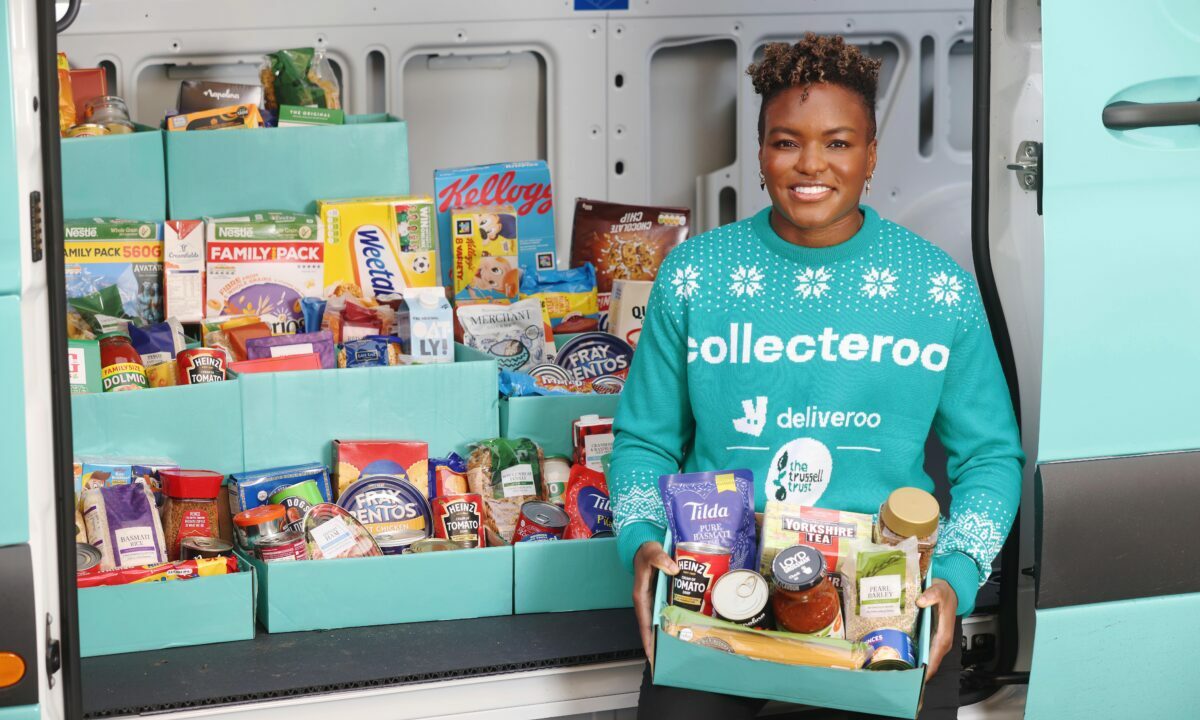Getir buys quick grocery delivery competitor Gorillas

Turkish rapid delivery start-up Getir has bought its German rival Gorillas in a $1.2 billion deal which will see the two companies merge.
Valuations for both companies have fallen as the sector struggles with profitability. Back in September 2021, Gorillas was valued at $3 billion. According to the Financial Times, both companies combined are now valued at $10 billion.
“Markets go up and down, but consumers love our service and convenience is here to stay. The super fast grocery delivery industry will steadily grow for many years to come and Getir will lead this category it created seven years ago,” Nazim Salur, Getir’s Founder said in a statement.
The deal comes as both companies fight to stay afloat. Earlier this year, Gorillas withdrew its services from several regions in the UK, including Manchester and Nottingham, while Getir’s new restructuring plan meant it had to put some of its stores into ‘hibernation’. Both companies laid off thousands of workers in 2022.
Other start-ups in the sector have also struggled this year, with Weezy, Cajoo, Fancy, Dija, and Blok having all been acquired by larger European competitors.
The decreasing demand for quick grocery has impacted the success of these apps. During the pandemic Getir and Gorillas’ popularity boomed as COVID-19 restrictions prevented many from leaving their homes and made the idea of a top-up shop being delivered in under 20 minutes all the more appealing.
In an interview with Food Matters Live, Behavioural Science Expert and Shopper Consultant Phillip Adcock explained that delivery apps were more tempting to use a couple of years ago as they seemed a safer alternative to shopping in a supermarket.
Adcock said: “Loss aversion” is one of “over 100 cognitive biases in the brain” and one of the “biggest drivers of human behaviour. In our heads, losses hurt twice as much as gains. If I go and buy a few things in Waitrose I gain a nice experience, because we are a species that needs social interaction and during lockdown lots of people are going shopping just for something to do. But the new loss on the block is the potential loss of my health or life.”
Since lockdown restrictions were lifted however, demand for rapid delivery has dwindled as more people return to in-store shopping. The added pressure of the cost-of-living crisis has also meant more shoppers are keen to avoid the added delivery costs which typically come with the apps.
With a reduced profit, rapid delivery companies have struggled to afford the high costs of paying couriers and rent for ‘dark stores’ in city centres which allow products to be delivered to customers quickly. Many European city councils have also started to restrict the size of dark stores, and some have banned them altogether, which has further damaged the industry.
Find out how tech will continue to transform the future of grocery retail in this Food Matters Live Podcast episode:








